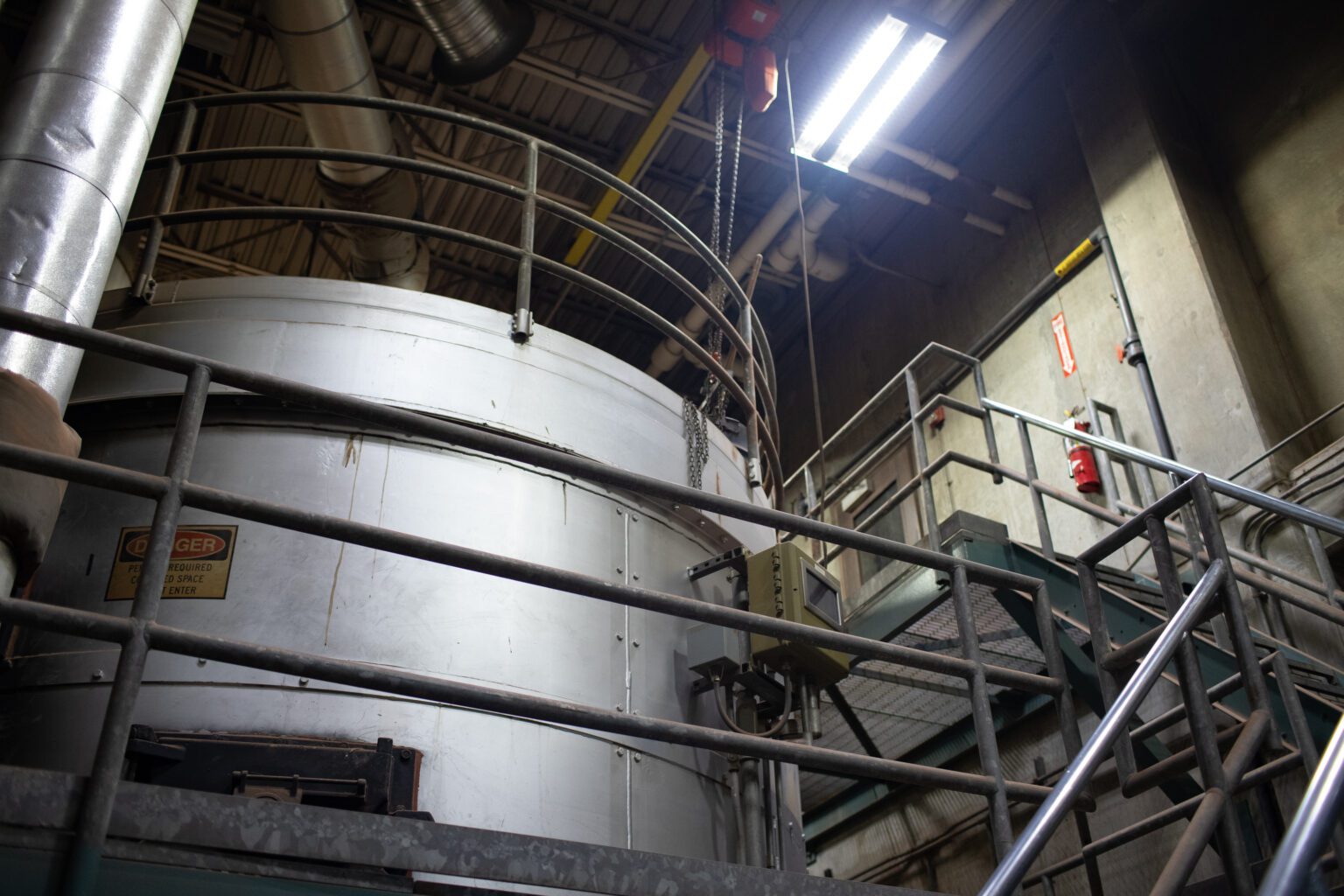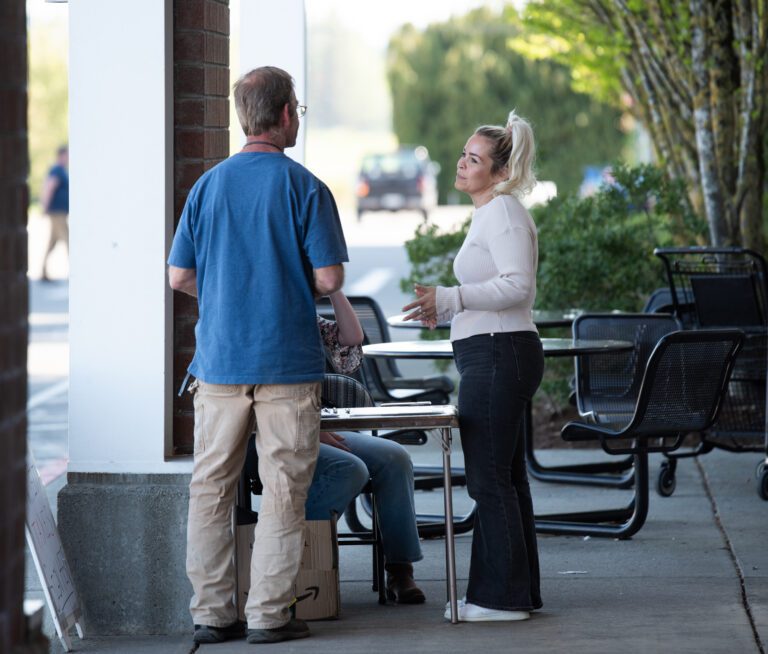Bellingham City Council members need more time for discussions regarding the future of construction at the Post Point Wastewater Management Project, in limbo following Mayor Seth Fleetwood’s call to halt work on the resource recovery project.
During the council’s last session in August, Fleetwood called on council members to switch directions away from anaerobic digestion, which council members voted to implement at Post Point more than five years ago. Instead, he called on council members to support repairs to existing incinerators to protect the Salish Sea ecosystem at a lower cost to the City and to local consumers.
“Our intention, as I indicated, is to refocus our efforts on repair and rehabilitation in the near-term of the existing incinerators and solids handling system at Post Point,” Fleetwood told council members. “In doing so, we can, among other things, preserve utility rate affordability, address nutrient reduction and protect water quality in the Salish Sea.”
During Monday’s Public Works and Natural Resources Committee meeting, council members asked questions about funding resources and alternative waste management routes.
With anaerobic digestion, the city expected to pay $1.1 billion over 15 years for the total wastewater management project. By eliminating the anaerobic digestion aspect of the project, the city hopes to cut the final price tag almost in half, to $541 million.
“It’s almost not even understandable how much money that is,” Public Works Director Eric Johnston said during a presentation. “To cross over that billion-dollar line is daunting, to say the least.”
Johnston pointed to several possible issues if the council opted to continue with anaerobic digestion, including high costs, nutrient loading in the Salish Sea, “forever chemicals” and a need for a second wastewater treatment plant.
Forever chemicals, also known as perfluoroalkyl and polyfluoralkyl substances (PFAs), are manufactured chemicals that come from everyday products like cleaning solutions or over-the-counter medications, and present concerns for environmentally conscious wastewater management.
Committee and council members Michael Lilliquist, Lisa Anderson and Kristina Michele Martens were skeptical about the “Band-Aid” approach to the existing incinerators, a costly and unfeasible long-term solution.
“A lot of the information that was given to us was that the lifespan of the current incinerators was questionable,” Anderson said. “We’ve seen pictures of where there’s holes coming through, and there seemed to be … an urgency to get them replaced before they fail.”
City staff reported concerns with maintenance and repair to the current incinerators to council members throughout discussions this year. During an April meeting, employees reported purchasing replacement parts for the incinerators online.
Later, during a tour of the facility with the mayor and Congressman Rick Larsen, employees reiterated their concerns.
“We’re finding replacement parts on eBay,” Jenny Eakins, one of the operators at the plant, told them in July. “Lots of these parts are just not made anymore.”
The next step, the council members agreed, was further discussion with the full council.
“The City Council has already decided that we’re going to move forward with biodigestion, and that is the marching orders of the administration until the council says otherwise,” Lilliquist said. “The mayor has asked us to say otherwise.”




